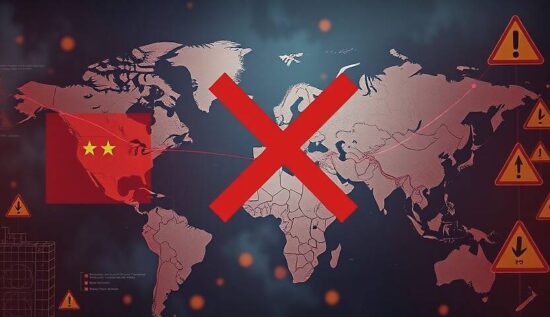China Imposes Export Restrictions on Technologies for Battery Production and Critical Minerals
The Chinese Ministry of Commerce has announced export restrictions on certain technologies used in the production of battery components and the processing of critical minerals such as lithium and gallium. The restrictions also affect methods of extracting the two resources, which play a crucial role in the production of semiconductors. Additionally, the export ban includes technologies for the production of lithium iron phosphate (LFP) batteries and phosphate-based cathode materials, which are essential in energy storage devices, particularly in electric vehicle batteries.
The move has sparked further concern, as it would also prohibit companies in third countries from reselling the metals to US firms after purchasing them from China. Violators face legal consequences. This has forced buyers to choose between the US and China, potentially putting global supply chains under even greater pressure.
Jens Eskelund, President of the European Chamber of Commerce in China, was quoted by Table Media as saying, “This step marks a significant escalation of the ongoing technology war between the US and China.”
European companies are increasingly worried about being caught in the crossfire. The Ministry of Commerce has yet to announce when the new regulations will take effect.
Earlier this month, China banned the export of resources and goods with both civilian and military purposes (“Dual-Use Goods”) to the US, including critical resources such as gallium, germanium, and antimony, which are essential for the defense and chip manufacturing industries.
The moves are seen as a response to the US’s renewed chip sanctions, which affect the export of high-performance storage and semiconductor technologies, either produced by US companies or using American technology. The US government has also added 140 Chinese firms to a blacklist, effectively denying them access to US technology in this field. Beijing responded by banning the export of dual-use products to 28 US defense companies, including General Dynamics, Boeing Defense, Space & Security, Lockheed Martin, and Raytheon Missiles & Defense. China’s latest announcement came just before the inauguration of Donald Trump on January 20, who plans to impose high tariffs and trade restrictions on China and the EU.





